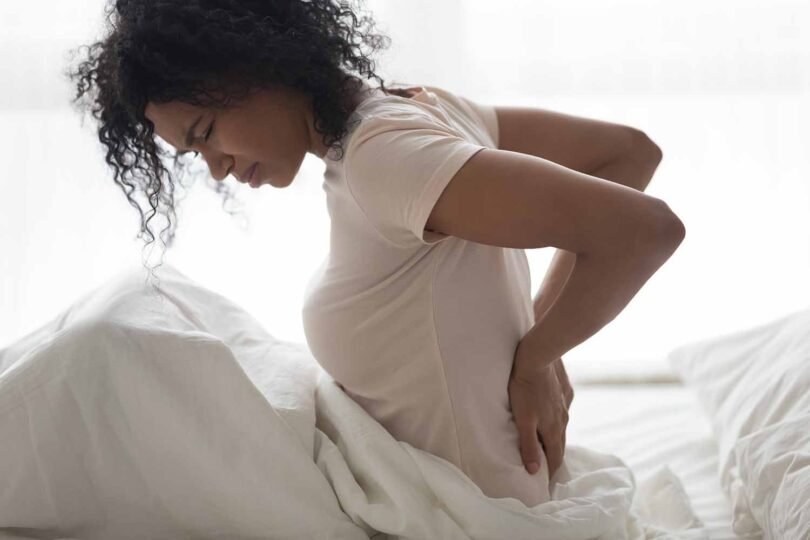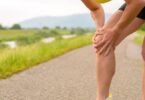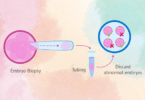Headaches, fatigue, pelvic pain. All these symptoms and more come with pregnancy, but what about after the baby has arrived? Although it’s normal to experience soreness after labor and delivery, bonding with your beautiful bundle of joy shouldn’t be marred by pain. If you’re experiencing significant pain weeks after birth, it’s essential to act now not later. Here are some tips to help you find relief from postpartum pain.
Let’s break this down by specific areas of the body, starting with pelvic pain. One way you could help alleviate these pains is to switch how you carry the baby. When a new mom repeatedly holds the little one on one hip, it can cause the pelvis to shift, leading to pelvic and hip pain. While one position might feel more natural, it’s crucial to routinely alter how the baby is carried and practice good body mechanics to avoid repetitive stress and strain.
Did you know that during or after pregnancy, urinary stress incontinence affects up to two-thirds of women? Learning how to regain strength in the pelvic floor muscles is a necessary step that every new mother should take. Start by seeking informative resources on proper Kegel exercises. If you’re struggling or there is a lot of pain, there are experts who can help. Consult a pelvic floor specialist or physical therapist for advanced instruction on rebuilding the muscles that support your uterus, bladder and rectum.
Another common area of postpartum pain is the chest. Hardened or engorged breasts can lead to discomfort if not addressed. Additional nursing and pumping could help reduce engorgement, as can applying cold or heat. See a doctor if you experience breast redness, a burning sensation or if they are hot to the touch. These could be signs of a bacterial or yeast infection.
As you lovingly hold your nursing newborn, it’s vital to keep body ergonomics in mind. Nursing in a bad position for long periods can lead to soreness in the back, neck, shoulder and wrists. Begin by setting up a supportive breastfeeding station to help remind you to take care of your body while caring for your little one.
Experiencing pain all over the body? At times the stress from being responsible for this new life can make every muscle feel tense. It’s important to remember to breathe and let your body relax. Stiff shoulders and clenched hands from stress can exasperate postpartum pain. You may find relief from joint, low back and other pain by visiting a chiropractor. Be sure to practice good posture, relaxation exercises, stretching and other methods of stress relief.
Pregnancy can take a heavy toll, but it doesn’t mean your body should continually suffer. Seeking help from professionals and taking the time to heal is essential. For more information on addressing postpartum aches and pains, please see the accompanying resource.






